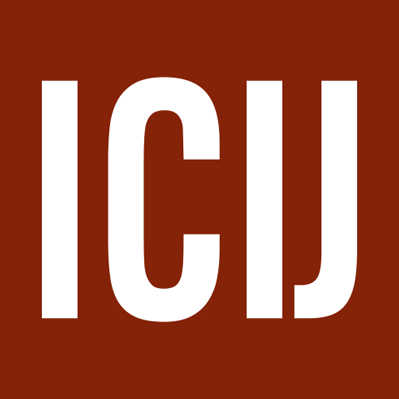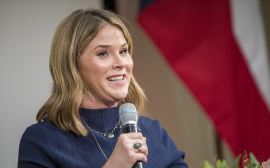Description
The International Consortium of Investigative Journalists (ICIJ) is an independent global network of 280 investigative journalists and over 100 media organizations spanning more than 100 countries. It is based in Washington, D.C. with personnel in Australia, France, Spain, Hungary, Serbia, Belgium and Ireland.
The ICIJ was launched in 1997 by American journalist Charles Lewis as an initiative of the Center for Public Integrity, with the aim of exposing crime and corruption that transcended national boundaries. In 2017, it became a fully independent organization and was later granted 501(c)(3) nonprofit status. The ICIJ investigates a broad range of matters concerning "cross-border crime, corruption, and the accountability of power." The ICIJ has exposed smuggling and tax evasion by multinational tobacco companies (2000), "by organized crime syndicates; investigated private military cartels, asbestos companies, and climate change lobbyists; and broke new ground by publicizing details of Iraq and Afghanistan war contracts."
The Panama Papers were the result of a collaboration consisting of more than 100 media partners, including members of the Organized Crime and Corruption Reporting Project, with journalists who worked on the data, culminating in a partial release on 3 April 2016, garnering global media attention. The set of 11.5 million confidential financial and legal documents from the Panama-based law firm Mossack Fonseca included detailed information on more than 14,000 clients and more than 214,000 offshore entities, including the identities of shareholders and directors including noted personalities and heads of state—government officials, close relatives and close associates of various heads of government of more than 40 other countries. The German newspaper Süddeutsche Zeitung first received the released data from an anonymous source in 2015. After working on the Mossack Fonseca documents for a year, ICIJ director Gerard Ryle described how the offshore firm had "helped companies and individuals with tax havens, including those that have been sanctioned by the U.S. and UK for dealing with Syrian President Bashar al-Assad."























